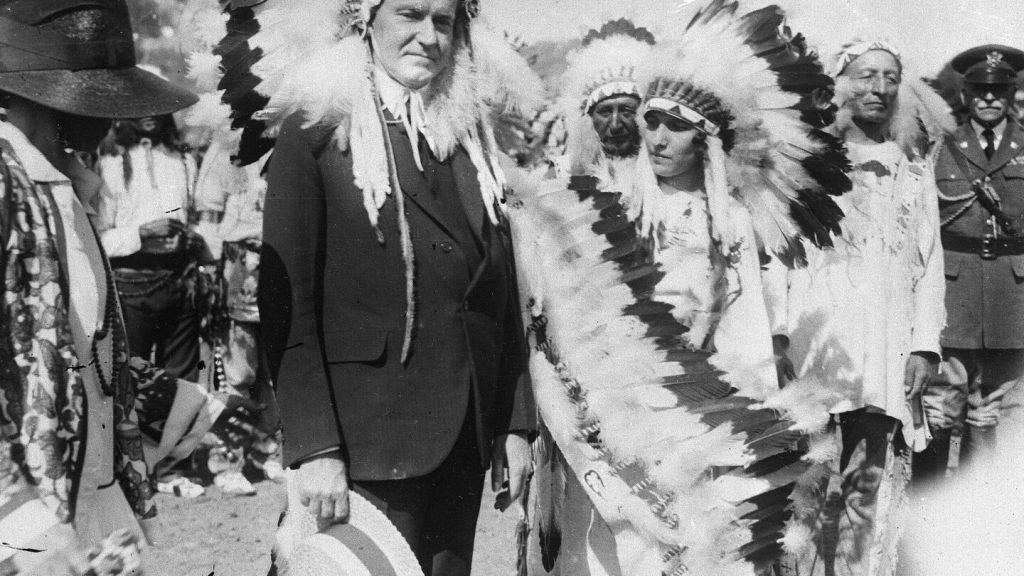New Mexico is taking steps to ensure that Native American communities have equal access to voting, recognizing the challenges they face with limited polling places and restrictive voter laws. The state’s Native American Voting Rights Act, passed last year, aims to give tribal communities more control over how and where they can vote. This includes the possibility of using tribal offices as a street address for residents who do not have standard addresses, like those in Acoma Pueblo.
While the Indian Citizenship Act of 1924 granted Native Americans U.S. citizenship, it did not automatically guarantee their right to vote. In fact, legal access to the ballot was denied in some states until the late 1940s and 1950s. Congress left it up to state governments to determine voting qualifications, leading to discrimination and barriers for Native American voters. Today, some Native American leaders like Maurice Crandall believe that efforts to restrict voting rights are politically motivated to prevent Native Americans from influencing election outcomes.
Despite historical obstacles, voting has become a powerful tool for Native Americans to exercise their political influence. In Laguna Pueblo, voting has played a key role in empowering Native Americans like Deb Haaland, who became one of the first Native American women in Congress. The upcoming primary in Laguna will feature two Democratic contests with first-time female Native American candidates, highlighting the increased Native influence in redrawn district boundaries. The state’s new voting rights legislation offers tribal communities more options for convenient voting locations and secure ballot deposit boxes.
However, challenges still exist for Native American voters, as tensions with county election administrators can lead to the closure of voting sites on reservations. In Arizona, Governor Stephen Lewis of the Gila River Indian Community has criticized efforts to revive and extend voter ID requirements, highlighting ongoing concerns about voter suppression. The legacy of the Indian Citizenship Act continues to impact Native American communities, with leaders like Lewis advocating for greater inclusion and representation in the political process.
Native Americans have held diverse views on citizenship and voting, with some viewing U.S. citizenship as a threat to tribal sovereignty and others seeing it as an opportunity to advocate for their rights. The fight for voting rights has been ongoing, with individuals like Miguel Trujillo challenging discriminatory practices that prevented Native Americans from voting in New Mexico. Despite past struggles, efforts to increase voter participation in tribal communities continue, with organizations providing resources and support to ensure that Native Americans have a voice in the democratic process.
In conclusion, the journey towards full voting rights for Native Americans has been marked by challenges and progress. While historical injustices continue to impact Native American communities, recent efforts in states like New Mexico are making strides towards greater equality and access to the ballot. By recognizing the barriers faced by Native American voters and taking steps to address them, states can uphold the principles of democracy and ensure that all citizens have a voice in shaping their future.


